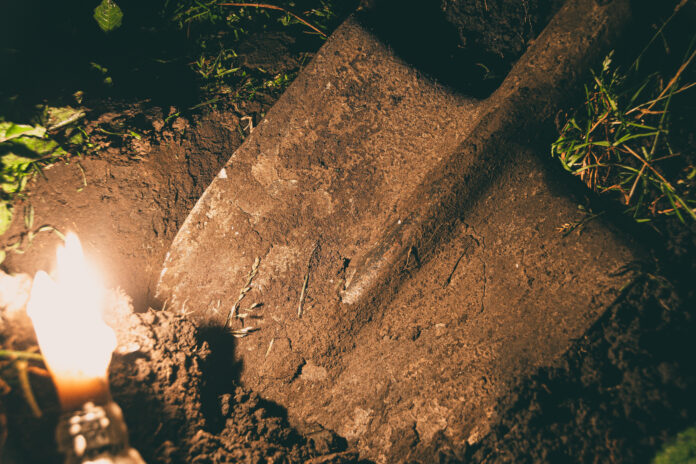Let me tell you about the time I buried a Reform rabbi.
Literally.
Back in the 1980s, my wife and I and our children lived in Providence, Rhode Island, where I served as a mesivta rebbi and principal. One day, I received a call “out of the blue” from the senior clergyman of a large Reform temple. He wanted to learn mishnayos with me.
William Braude was “old school” Reform. That is to say, a serious scholar of Jewish texts, not some rabbinically-titled social worker. He had taught at Brown, Yale and Hebrew University, and had published a host of scholarly works, including annotated translations of Tanna D’vei Eliyahu and Pesikta D’Rav Kahana.
He explained that he was having his eyeglasses repaired and couldn’t read without them. Would I be so kind as to assist him in his daily study of Mishnah?
We met regularly over several weeks (even after he had his glasses again), learning Perek Kirah and part of Kinim together. And we shmoozed a bit
My unusual chavrusa’s upbringing had been Orthodox. His gravestone includes the Hebrew words “ben rabanim v’dayanei emes.” Born in Telz, he weathered the vicissitudes of the First World War and had a very unsettled and peripatetic childhood.
When he ended up in America, he attended, first, Yeshivas Rabbeinu Yitzchak Elchanan and then, l’havdil, Hebrew Union College. And became something of a radical Reformer.
Interestingly, though, he later was regarded as a “right winger” in the movement, stressing things like Shabbos and kashrus. As time went on, he seemed to become even more attached to what he had rejected as a youth.
Famously (at least to Rhode Island historians of religion), when some temple congregants complained that other worshippers had been wearing yarmulkes—an affront to the German Reform “mesorah”! —he concluded his Friday night sermon by taking a yarmulke from his pocket, reciting Shehecheyanu, and placing it on his own head.
End of controversy; no more complaints.
He even began showing up on occasion at the minyan I attended. He davened, modestly, in the back of the room.
And he wore his yarmulke at services until his final day on earth, 7 Adar 5755 (1988).
I attended his funeral, of course. And was surprised that, after the service, those in attendance left the cemetery before the grave had been filled in. A few shovelfuls of earth had been ritually placed over the aron, but the holy task of actually covering its entirety was left to the operator of a small bulldozer in the employ of the cemetery.
I saw the situation as one of meis mitzvah. And so, motioning to the bulldozer driver to hold off, I picked up the lone shovel that had been left at the site and proceeded with the actual burial. It was very hard work and my back ached terribly afterward, but I allowed the bulldozer to finish filling up the grave only after I had filled in the sides of the grave and covered the casket with several tefachim of earth. I felt, and feel, honored to have been able to provide that chesed shel emes.
I often ponder the fact that it is conceivable that, while our merits and, chalilah, their opposites define our lives, what may matter more at life’s end isn’t necessarily where one is but, rather, in what direction one was headed.
The word nechamah has two meanings: “comfort” and “reconsideration” (as in Vayinachem Hashem —Bereishis 6:6).
I suppose that, etymologically speaking, the meanings are really much the same. “Comfort” implies a reversal of mourning—“reconsideration,” a reversal of a decision. Both bespeak an arrival at a new place, a coming-to-terms with reality.
I have little doubt that Gershon Zev ben R’ Yitzchak Braude had come to reconsider the radical stances of his youth, and that his later years, what people tend to call “declining” ones, were, in his case, more meaningfully “ascending” ones. That he was moving in the right direction. And that afforded him, as it does me, comfort.
Shabbos Nachamu focuses thoughtful Jews on the imminence of Elul, the prelude to the yemei hadin. May our own striving to move in the right direction yield a Divine nechamah: Hakadosh Baruch Hu’s “reconsideration” of the need to extend our galus any further.
To read more, subscribe to Ami





















